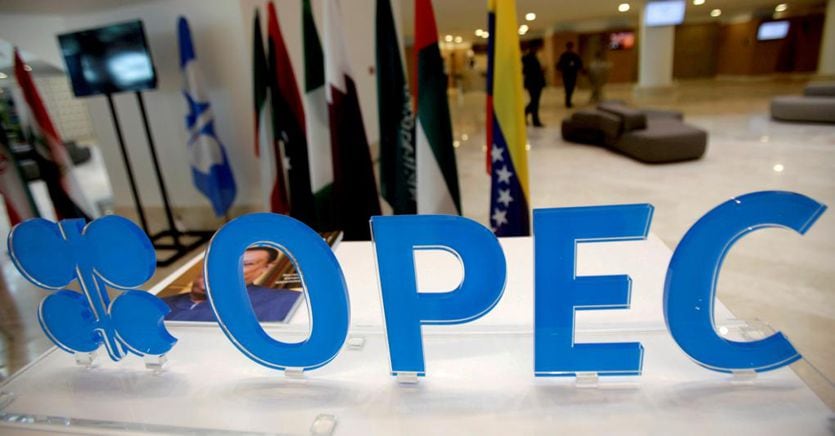OPEC + agreed today July 18 to further ease oil supply cuts starting in August and to extend a general supply management pact until the end of 2022.
The 19th ministerial meeting of OPEC + was held under the presidency of Prince Abdul Aziz Bin Salman, Minister of Energy of Saudi Arabia, confirmed the OPEC secretariat on Twitter. The co-chairs of the event are Russian Deputy Prime Minister Alexandr Novak, OPEC President and Angola’s Minister of Mineral Resources and Oil, Diamantino Pedro Azevedo and OPEC Secretary General Mohammad Barkindo
Loading…
The confirmation of the achievement of the agreement came from an official note of OPEC + in which it is communicated that the assembly has agreed “to extend the decision of the 10th OPEC Ministerial Meeting and not (April 2020) until December 31, 2022”. that is, loosen the cuts in oil supply since August, extending the management pact until the end of 2022.
The meeting of the OPEC + countries, the note reads, “took note of the continuous strengthening of market fundamentals, with oil demand showing clear signs of improvement and OECD inventories in decline, as the economic recovery continued in the most of the world with the help of accelerating vaccination programs ”.
The meeting welcomed “the positive performance of the countries participating in the Declaration of Cooperation (DoC). Overall compliance with production adjustments was 113% in June (including Mexico), reinforcing the trend of high compliance by the participating countries ”.
The assembly also resolved to adjust their total production upward by 0.4 mb / d on a monthly basis starting from August 2021 until the gradual elimination of the production adjustment of 5.8 mb / g, in December 2021, evaluate market developments and the performance of participating countries
The last meeting convened had even been “canceled” on Monday 7 July, after days of negotiations in which they tried in vain to overcome the differences, which mainly opposed Saudi Arabia and the Emirates: countries that were once iron allies, but today more and more often misaligned not only on oil issues.
